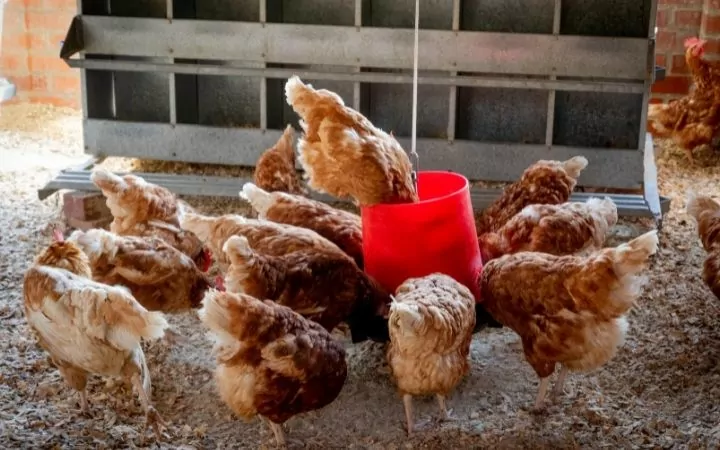About Bird Health Awareness Week
Bird Health Awareness Week is an international event held during the weeks of February to March in order to raise awareness about the importance of bird health. During this week, various activities are organized and promoted in different countries. In some countries, this includes events like local tree planting events or grand parades.
The aim of these activities is to generate public awareness about the importance of protecting wild birds from diseases that can be spread by humans and pets.

This week we celebrate Bird Health Awareness Week. This celebratory week was brought by the United States Department of Agriculture as a campaign for biosecurity for birds. Their intention is to raise awareness for all diseases that affect birds and all the various ways to protect them and prevent the spreading of infections.
The Complexity of Raising Poultry
Poultry is a unique type of farm animal that produces meat and eggs. They also require less time and care than any other type of livestock. But before you rush out to the nearest poultry farm, be warned — raising poultry on your own is a little more complicated than it may seem.
Firstly, you must make sure that you have the appropriate housing for all your hens (or roosters) and chickens. Although keeping chickens is allowed in most urban areas in the United States, zoning and noise ordinances may prevent you from keeping roosters.
However, hens are more commonly allowed, though individuals living in apartment complexes or near other residences may be prohibited from owning chickens as well. In addition to noisy neighbors complaining about crowing roosters, there are also the smells of poultry to worry about — the ammonia-based smell of droppings and feathers.
The latest trend in the United States is to raise poultry in backyards and it’s very important for the bird owners to know and learn what are the symptoms of all deadly diseases that can affect their birds.

Besides this, it’s very important to learn the basic poulty biosecurity measures that need to be taken into consideration when you raise birds. Many diseases that affect birds are zoonosis and can easily be transferred to people and cause disease to them too.
It is very important to protect the birds by implementing a strict hygiene system with vaccinations in order to prevent the spread of various bacteria, viruses, parasites, and fungus.
The Importance of Protecting Birds Against Diseases
It is also very important to protect all birds against exotic infectious diseases like Avian Influenza, Newcastle disease, and Avian Coryza. You should always have biosecurity measures that will prevent germs from entering the place where the birds live.
In the modern world, migratory birds and other similar species are a big part of our ecosystem. They carry seeds and bugs into forests and help plants by pollinating them.
Birds also help control pests by eating them or their larvae. So it’s important to protect birds from illnesses that could kill them or make large numbers of them sick at once.
The following diseases have been identified through the research of the Global Raptor Information Network (GRIN) and are diseases that affect birds. Some of these diseases can also affect humans and domestic animals, but for this article, we will focus only on their effects on birds.
Note that most of these diseases can be prevented, like avian pox, by vaccinating your bird against them. The best way to avoid disease in your pet is to bring it into an environment where it’s unlikely to get sick.
Avian Pox
Avian pox is a viral disease that makes a bird’s feathers fall off in large patches. This can be fatal for small birds, but if your bird survives it will grow new feathers in time. Birds can catch this disease from infected insects or even from humans and other animals.
The best way to avoid it is by keeping the bird inside as much as possible or using insecticides to kill any insects that might carry the disease.
Fungal Diseases
Fungal diseases, such as mycoplasmosis, can make birds very sick. This disease is caused by a mold that grows on the bird’s feathers. The bird may get sick and be unable to fly or may experience loss of vision.
The best way to prevent this disease is by cleaning out your house regularly so that it doesn’t accumulate dust inside.
Internal and External Parasites
Lice and mites are parasites that can make your bird very sick. They tend to attack the head, under the wings, or around the feet.
